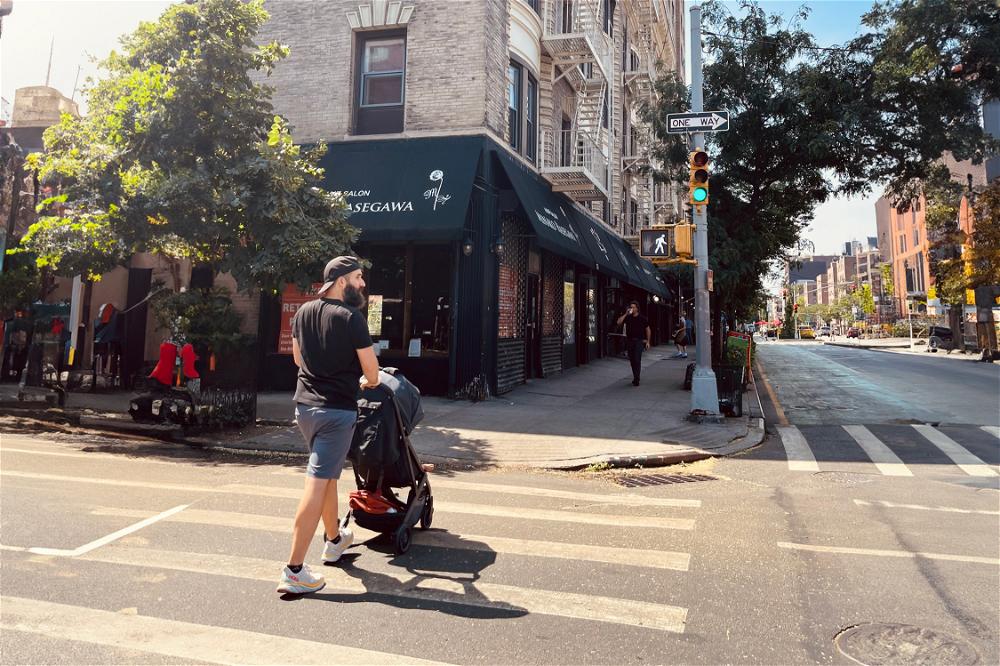My 9 Tips to Survive Traveling with Friends (and Stay Friends)
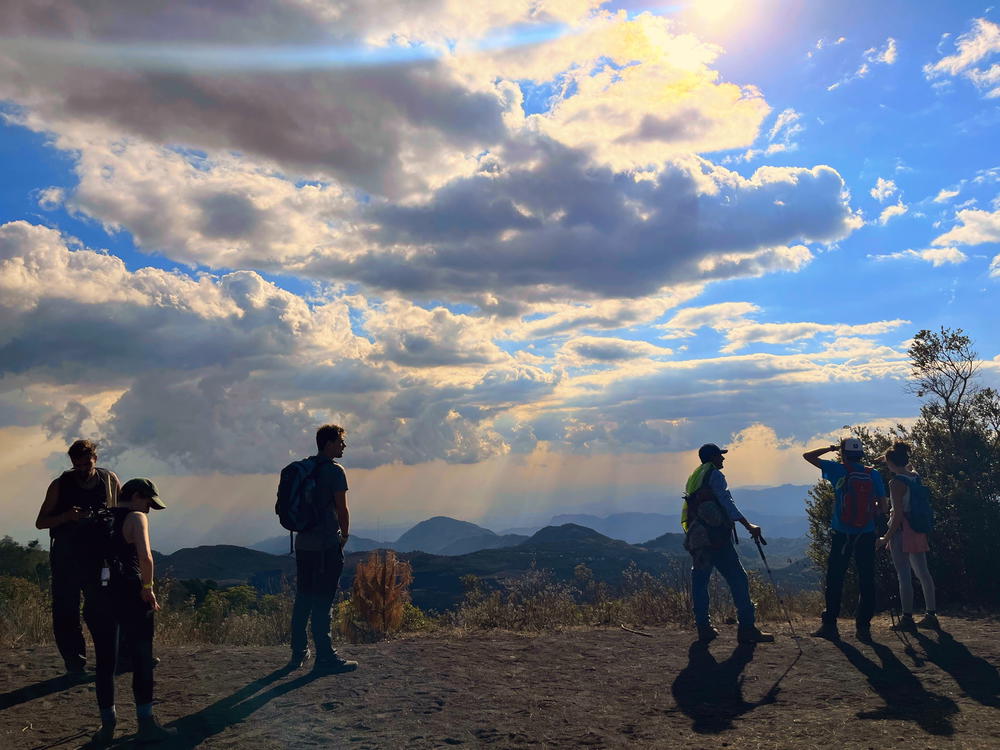
Traveling with friends is way easier than it looks! Here’s my advice to anyone traveling in a group of friends, for what to expect and how to avoid issues.
This article may contain affiliate links. We earn a small commission when you purchase via those links — at no extra cost to you. It's only us (Becca & Dan) working on this website, so we value your support! Read our privacy policy and learn more about us.
Table of contents
- Assume that someone will become the ringleader
- Bring up your desires as early as possible
- Talk about the group’s spending and budgets
- Allow the group to break up into sub-groups
- Beware of couples vs. non-couples
- Allow yourself to pull out of the trip!
- Feel free to take time for yourself
- Sense if any friendships need repairing
- Reflect afterward how the trip could’ve been improved
The first time I traveled with a group of best friends, it went so poorly that I swore I would never travel with a group of my friends again. The “ick” for me in traveling with groups of my friends is that someone becomes the decision-maker, everyone else has to follow, and if you’re not down for this, you’re not going to have a good time.
After this trip, and other trips with friends, I’ve come up for some guidelines that can help everyone survive and stay friends even if they have some conflicts.
If you want to see more advice, read into my experience-inspired tips here.
Assume that someone will become the ringleader
There’s always that one person who has a “leader” sort of aura to them. It was probably the friend who came up with the idea for the trip in the first place. This rings true in my experience of the rental house that seven of my friends and I went to, at an Airbnb in the Hudson Valley of New York.
The ringleader is a natural leader. This person may be your close friend, or even a best friend. Either way, this person probably is doing all the organizing, or delegating it. You can go along with this, or interject and try to pave the way for some people in the group who have “minority opinions,” in order to get heard.
Regardless, if this person is you, congrats! You’ll be the natural leader among your friends and most of the decision-making will be what you want out of the trip. Everyone else can follow.
For the trip I went on, the leader was NOT me, even though I like being a leader.
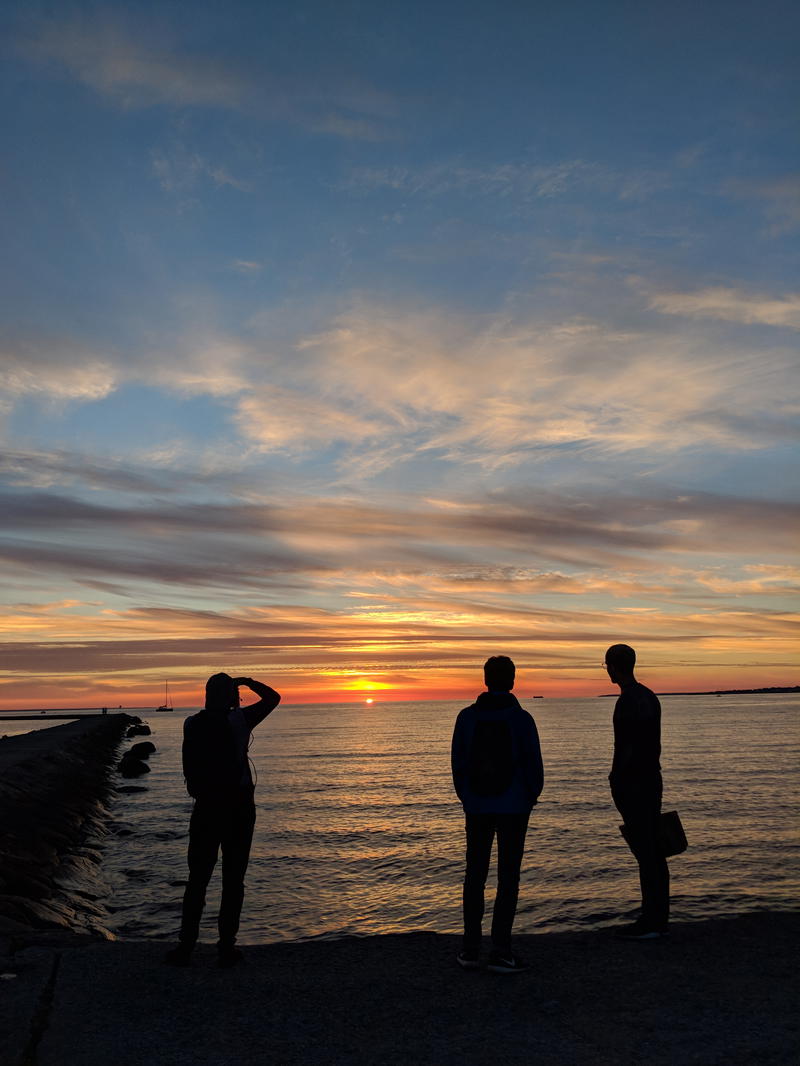
Bring up your desires as early as possible
Like how I mentioned my one friend was the naturally-elected ringleader, that person also got into planning food with one more person. Everyone was allowed to chime in and edit the Google sheet, but eventually the people with the cars did the shopping and everyone paid them back.
For me, well, this is pretty specific, but I’m the gluten-free person and usually I stay hyper-focused on gluten-free travel. In taking a trip with my very best friends, everyone knew my limitations, and shopped for me best they could. They did a great job! But there’s always going to be something that doesn’t work out.
The way to go into having your “wants” taken into account is to speak up early. Mention something specific, like a vegan product you want. Maybe you can order a set of groceries to the house so that it arrives when you do. Maybe you can bring your own special hot sauce, or nut-free spread, or whatever it is that you need, that other people may not understand.
Bringing up what you want on the early side makes sure everyone goes into the trip knowing that you would like to be listened to, if you’re not the one in control.
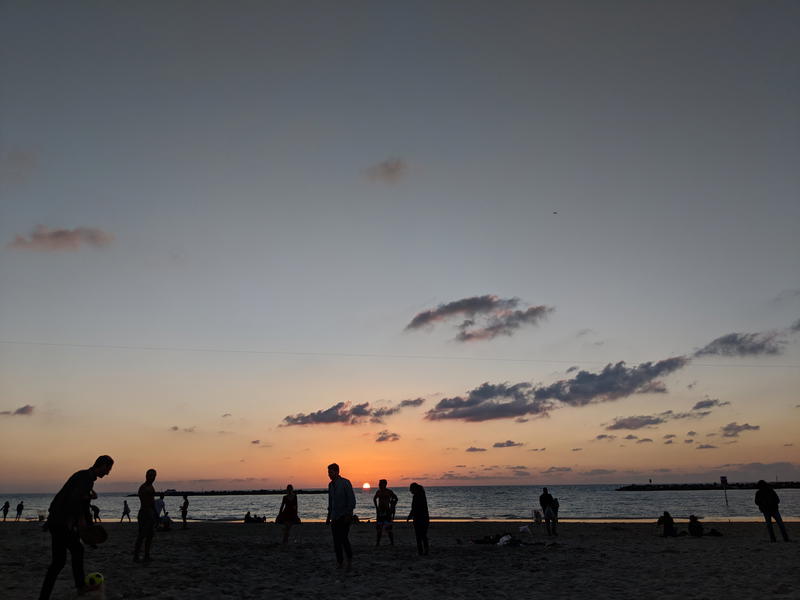
Talk about the group’s spending and budgets
One of the hot-button topics for me when traveling with a group is how the money gets spent. When I’ve traveled with other people, whether it’s large groups or even small groups of friends, I find that no two people have the exact same opinion about travel money.
Here’s an example. I don’t drink beer, and the group is probably going to buy a few cases of beer, split the cost and call it a day. If someone thinks of the fact that I won’t have any (and shouldn’t be responsible for splitting it), they may let me know. Otherwise, I have to speak up.
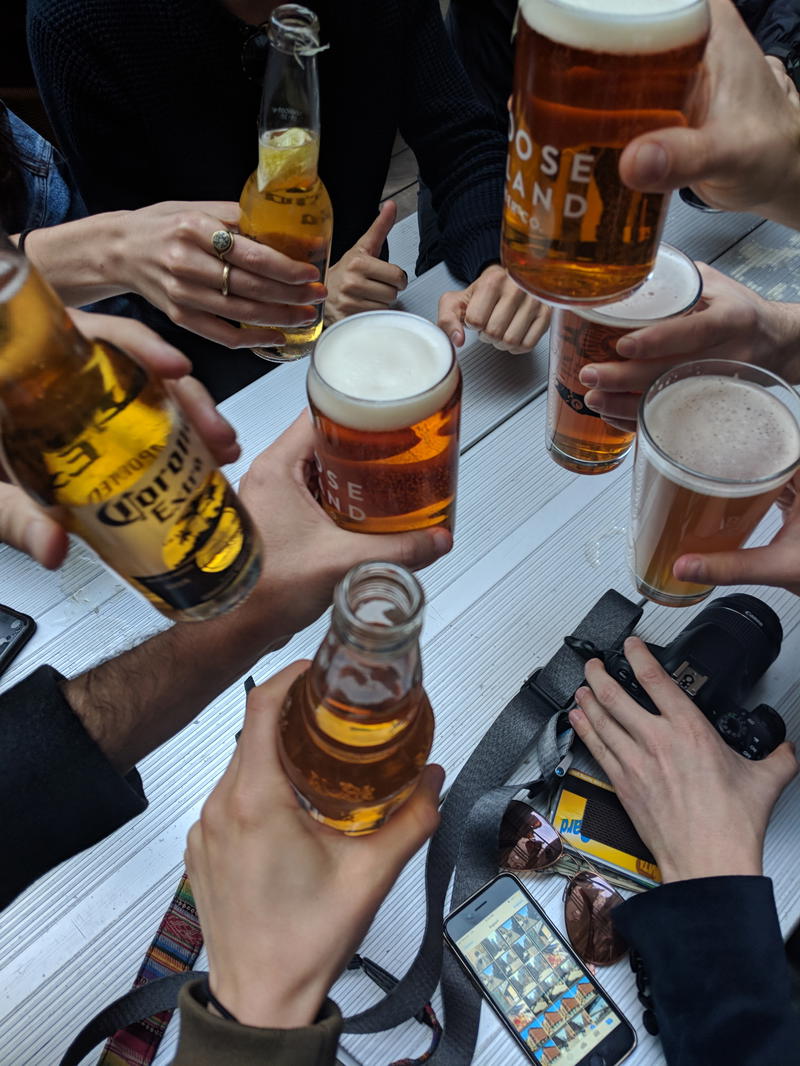
Next, there’s the fact that a lot of people go into trips with friends not wanting to look cheap. They actually might want to save money while traveling. Some friends in the group may already feel cash-strapped after splitting the cost of a vacation rental or beach house, while some do not care.
Regardless, feel free to talk about your budget and expectation, either with a trusted member of the group, or with the “leader.” It pays to speak up, rather than get frustrated and have anger toward the situation about how things are going with the group’s spending.
Allow the group to break up into sub-groups
Over the years, with lots of different types of traveling in friend groups (and even groups of strangers), I’ve come to get really familiar with how to make the most of group travel.
People naturally have different opinions and desires, so any group larger than three is going to break into smaller groups and factions.
In a group of 8, there’s going to be the people who want to eat all the time, and those who don’t. There’s going to be the people who get cabin fever being holed up in the Airbnb, and those who want to drive to the nearby town or beach.
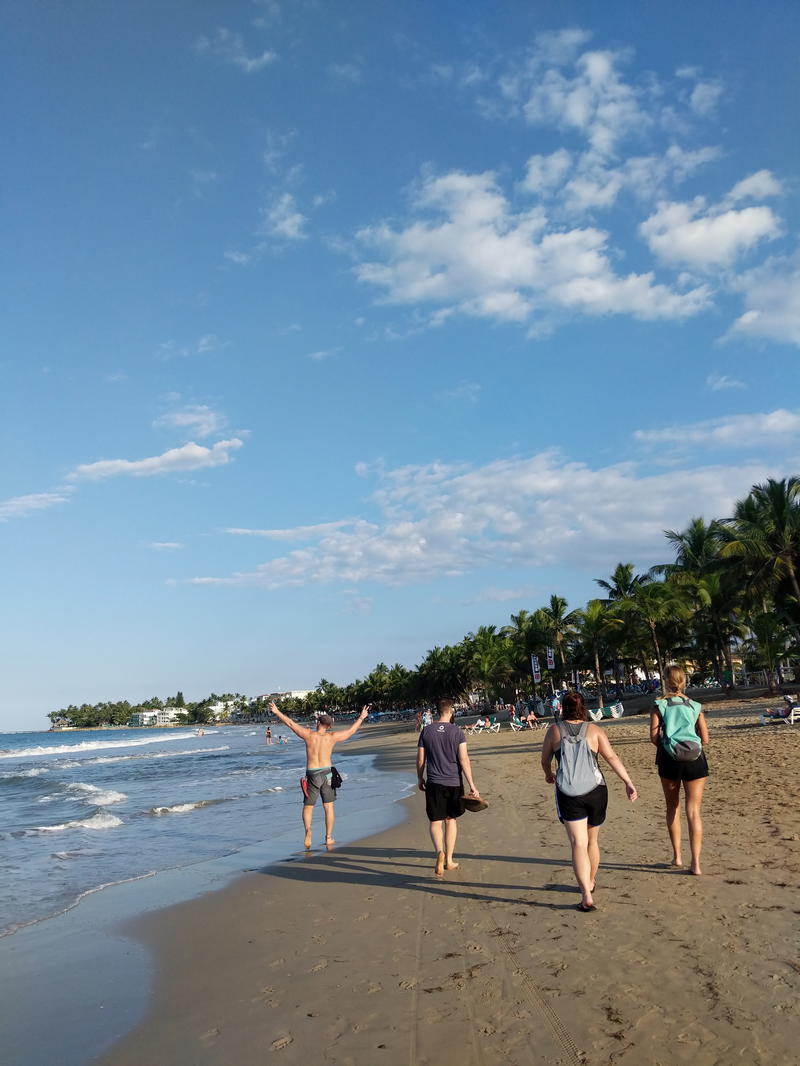
There’s going to be those who want to go to bed early, and those who want to maximize every minute spent together, going to bed super late. (I’ve been in the “go to bed early” group.)
Letting the group break up into smaller groups is natural, and cannot be stopped. The best way to go into this is to naturally experience the group of friends getting chopped up, and seeing where you fall or want to fall.
Beware of couples vs. non-couples
The first big group trip I went on was with seven friends, like I mentioned. What I haven’t mentioned yet is that six of these seven people were in couples with each other (three couples). One other friend and I were single. Who do you think had to sleep on air mattresses or sofas?
Yes, that’s right: while the three couples all got their own private bedrooms, my other single friend and I had to sleep in the vacation house living room. I’m fine with this, usually, and I’m happy to sleep anywhere: it just felt kind of excluded to be shafted like this. It kind of made us feel like “others.”

Allow yourself to pull out of the trip!
If you sense at any point that the trip planning is not what you expected, make up an excuse to get out of going on the trip.
That’s right: unless you’ve all already put in funds and reserved a vacation rental or hotel block, you are still free to choose not to go.
If you have a gut feeling that the planning stress would translate into trip stress, or if there’s one person who’s giving bad vibes, consider if not going would be better than going on this trip with friends. Maybe traveling solo is your jam instead, and that is OK!
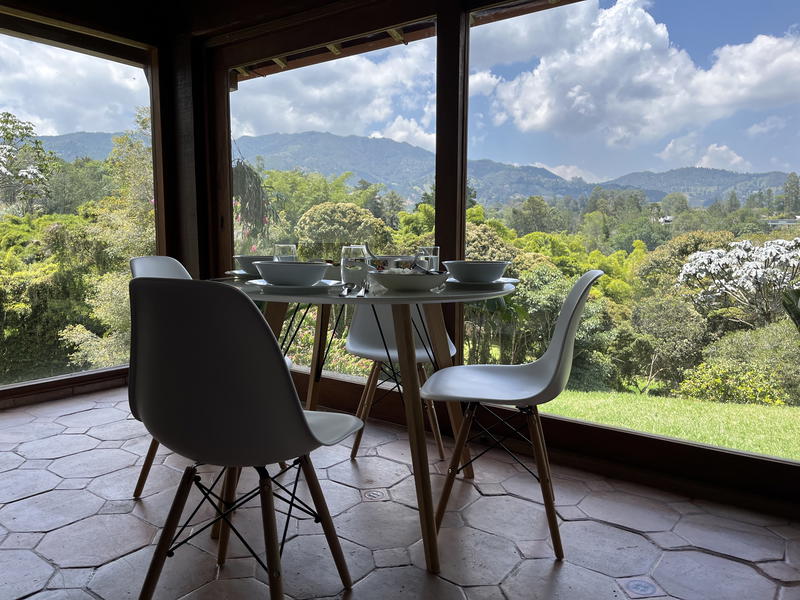
Feel free to take time for yourself
When I get overwhelmed, I sometimes like to go off by myself for a walk, or do something like go swimming, if I’m near water.
If you are feeling like the trip isn’t going how you thought it would, or if everyone’s being intense, or too loud, or doing things you don’t want to do, it might be time to take a little break.
Depending on where you are, this could mean taking a walk in the neighborhood of a vacation rental, or taking a walk on a beach, a lake or in a forest. It might even mean just going to a hotel lobby or the hotel gym or pool, to blow off steam.
You don’t even have to phrase the fact that you want to go take a solo break as needing “me time.” You can just say, “Hey, you know what? I heard the hotel has a great pool, and I’m going to go check it out for all of us.” No one will bat an eye.

Sense if any friendships need repairing
This is the part about “staying friends.” While I was great friends with everyone on my “friends trip” at the vacation rental, I wanted to put the occurrences of the trip aside and leave my friendships unaffected.
This meant putting myself in someone else’s shoes and thinking, “If I had to buy food for 8 people from Costco and make everyone happy, how would I do it?” and “Did I overreact to that thing that happened?”
While I was a bit bitter after this trip that my hard-earned money had gone to a friends trip that I didn’t 100% enjoy, I took a little break from everyone and came back refreshed a few weeks later, with the details of the trip behind me.
Reflect afterward how the trip could’ve been improved
After you get back from a trip with friends, reflect on the logistics that unfolded. For me, this was, “Why did I wind up so upset during some of this trip?” and, “How can I have better experiences traveling with friends in the future?”
Look at the trip objectively, and see if issues stemmed from the person who was doing the organizing, or maybe, how you reacted to surprises and unexpected tensions (if any).
Of course, if the trip went swimmingly well, you can do it again soon!
✈️ Did our travel tips help?
We share honest, experience-backed advice to help you with smoother trips. If our suggestions saved you time or stress, treating us to a coffee lets us keep researching the next post.
Fuel more travel adviceYou may also like
-
![]()
How to Plan a Trip to NYC with a Baby (What to Know)
Going to NYC with a baby for the first time doesn’t have to be hard! In our list of local tips, find out what to do and see with your baby in New York City to make the visit easy.
-
![A person standing on top of a mountain.]()
19 Sustainable Travel Tips for an Eco-Friendly Mindset
Learn how to travel more sustainably! We’re conserving resources and traveling healthier with our favorite eco-friendly products and sustainable travel tips.
-
![]()
16 Best Family-Friendly Places to Travel in 2026 (from Real Parents)
Looking for vetted vacation ideas for family-friendly trips this year? Look no further than my list of destination ideas from some very travel-savvy parents I know!
-
![A white crib in the corner next to the bed at the Muir Hotel in Halifax.]()
21 Tips for Staying in a Hotel with a Baby (Experienced Parents)
How do you survive staying in a hotel room with a baby? From my experience, I list the top tips and tricks for sharing a hotel room with an infant on a vacation.
-
![Typical Guatemalan breakfast of black beans, a fried egg on a tortilla, fried potatoes and watermelon with pineapple on a white plate.]()
16 Best Places to Travel as a Vegetarian (or Vegan)
Where are the best places to travel as a vegetarian or vegan? Discover the countries that are most friendly to plant-based diets for vegetarian travelers.
-
![]()
16 Most Expensive Travel Destinations (Are They Worth It?)
Are the most expensive travel destinations in the world worth the trip? Let’s see the priciest places to take vacations to, and if you should spend the money to go.
